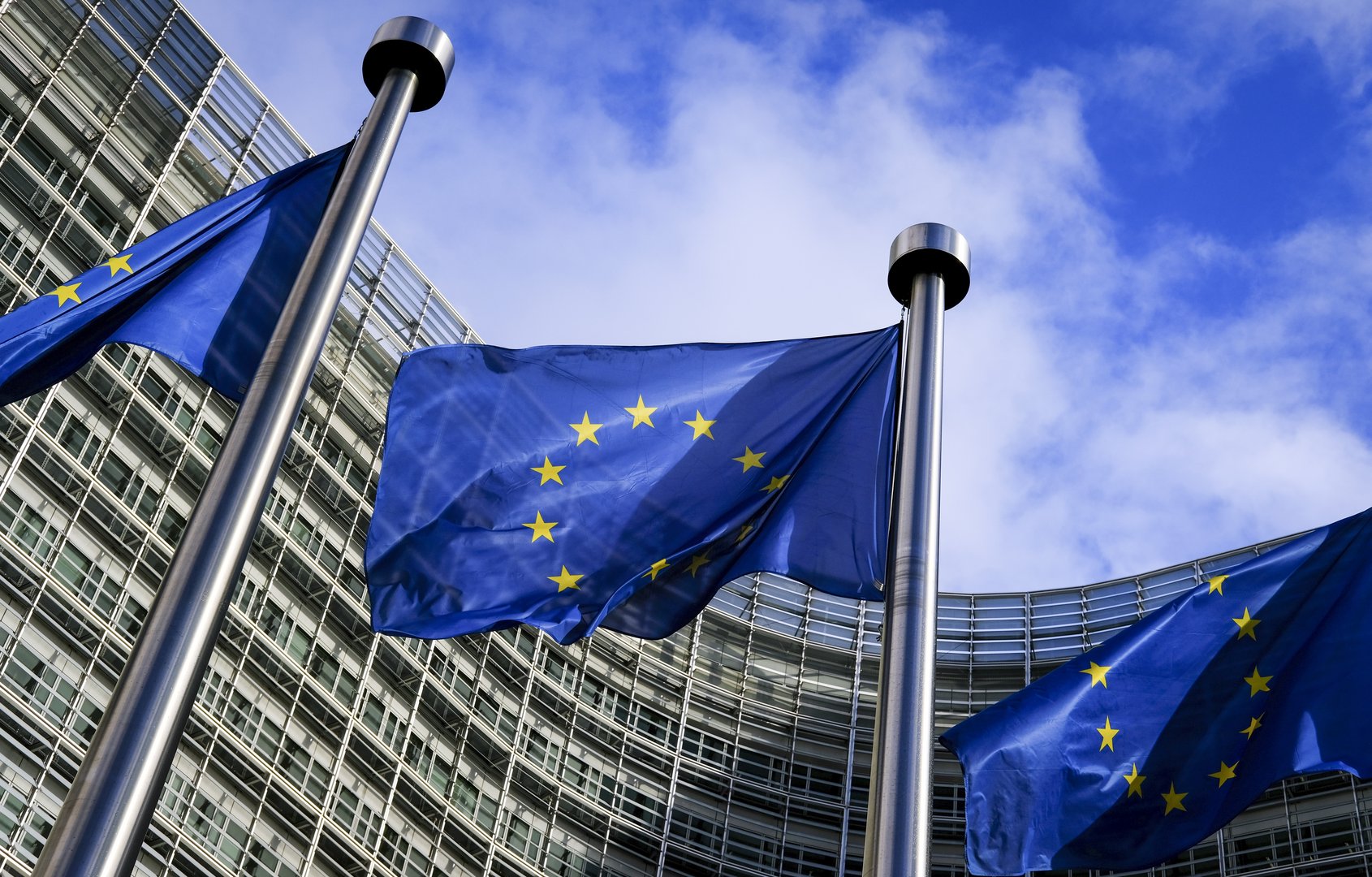Turkish President Tayyip Erdogan’s bullying of Cyprus and Greece has led to a deterioration in Turkey’s relations with the European Union, according to the latest European Commission report.
The report said that repeated violations of Greek airspace by Turkish fighter jets in the Aegean, threatening Turkish statements about the sovereignty of Greek islands and against Cyprus, as well as the moves in the fenced-off town of Varosha, which points none other to a “deterioration” of the European Union’s relations with Turkey.
The Commission’s report estimates that although there were positive developments in 2021 regarding Turkey, these deteriorated in the first half of 2022.
The actions that led to the deterioration of Euro-Turkish relations mentioned in the report are very specific: Turkey continued to carry out military exercises in the maritime zones of Cyprus and Turkish warships illegally obstructed exploration activities in the Cypriot Exclusive Economic Zone (EEZ). Despite international condemnation, Turkey continued its plan to open the fenced area of Varosha. In addition, repeated violations of Greek airspace by Turkish fighter jets in the Aegean and threatening Turkish statements regarding the sovereignty of the Greek islands and against Cyprus were mentioned.
“Although there were no unauthorized drilling activities by Turkey in the Eastern Mediterranean during the reporting period, tensions have increased. Turkish warships have illegally obstructed exploration activity in the Cypriot Exclusive Economic Zone. Turkey’s military exercises in the maritime zones of Cyprus have continued. Despite the fact that the international community, and in particular the EU, condemned Turkey’s unilateral steps, Turkey continued its actions to further open the fenced town of Varosha in Cyprus. Turkey must unequivocally commit itself to good neighbourly relations, international agreements and the peaceful settlement of disputes in accordance with the UN Charter, if necessary by recourse to the International Court of Justice,” the report said.
It is also recalled that the EU at the European Council of June 2022 has repeatedly urged Turkey to avoid any kind of threat, any source of friction or any action that harms good neighbourly relations and the peaceful resolution of disputes.
The report also states that “the EU has reaffirmed its strategic interest in a stable and secure environment in the Eastern Mediterranean and in developing a cooperative and mutually beneficial relationship with Turkey”.
The Commission’s report also refers to the illegal Turkey-Libya memorandum. “Turkey has continued to confirm the validity of the 2019 Turkey-Libya Maritime Delimitation Agreement, which the EU considers to be a violation of the sovereign rights of third States, which does not comply with the Law of the Sea and has no legal consequences for third States,” the report stated.
It also points out that Turkey’s military support to Libya, including the deployment of foreign fighters on the ground, and its persistent criticism and lack of cooperation with Operation IRINI are detrimental to the EU’s effective contribution to the implementation of the UN arms embargo and have led to conflicting approaches to Libya.
As regards Turkey’s foreign policy in general, the Commission underlines that its “unilateral foreign policy” has continued to contradict EU priorities in the framework of the Common Foreign and Security Policy (CFSP), in particular due to its military action in Syria and Iraq and its lack of alignment with EU restrictive measures against Russia.
However, the report also stated that, at the same time, Turkey has condemned the Russian invasion of Ukraine and that “it has taken a diplomatic initiative to facilitate the export of grain from Ukraine”.
Meanwhile, on migration and asylum policy, the EU Commission noted that Turkey has made some progress. “The EU-Turkey Declaration has remained the main framework for cooperation between the EU and Turkey and the EU’s engagement with Turkey on migration has intensified. Some progress has been made in further strengthening surveillance and land border protection capacity with Iran,” the report said.
The return of irregular migrants from the Greek islands under the EU-Turkey statement continued to be suspended, as it had been since March 2020. In 2021, the number of irregular migrants arriving increased on most routes compared to 2020.
Although the number of irregular arrivals in Greece has decreased compared to pre-COVID data, irregular arrivals in Italy and government-controlled areas of Cyprus have increased significantly over the past year and new smuggling routes have been created.
Turkey has not yet implemented the provisions on third country nationals in the EU-Turkey readmission agreement, which entered into force in October 2017.







Click here to change your cookie preferences